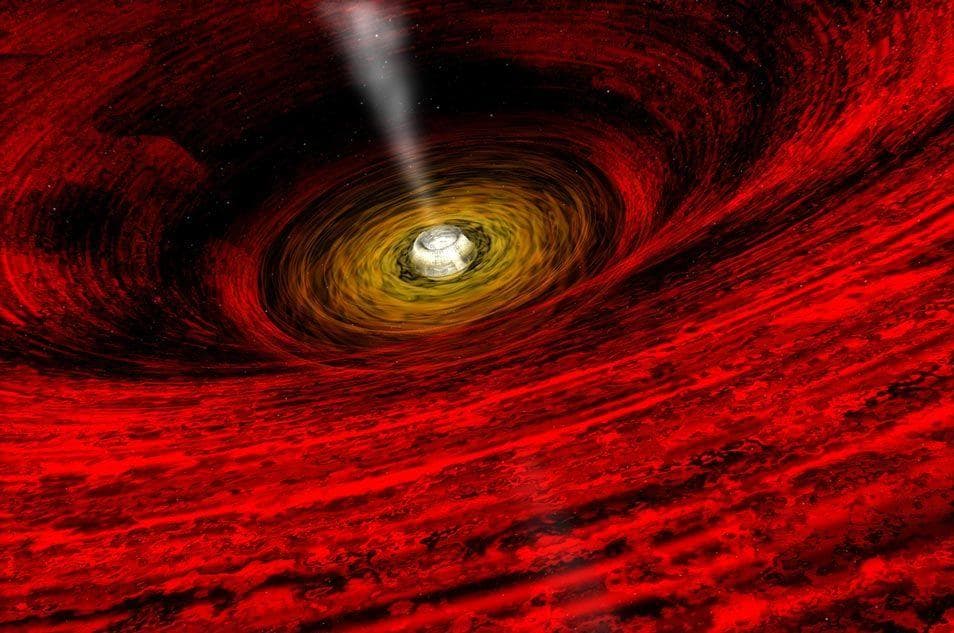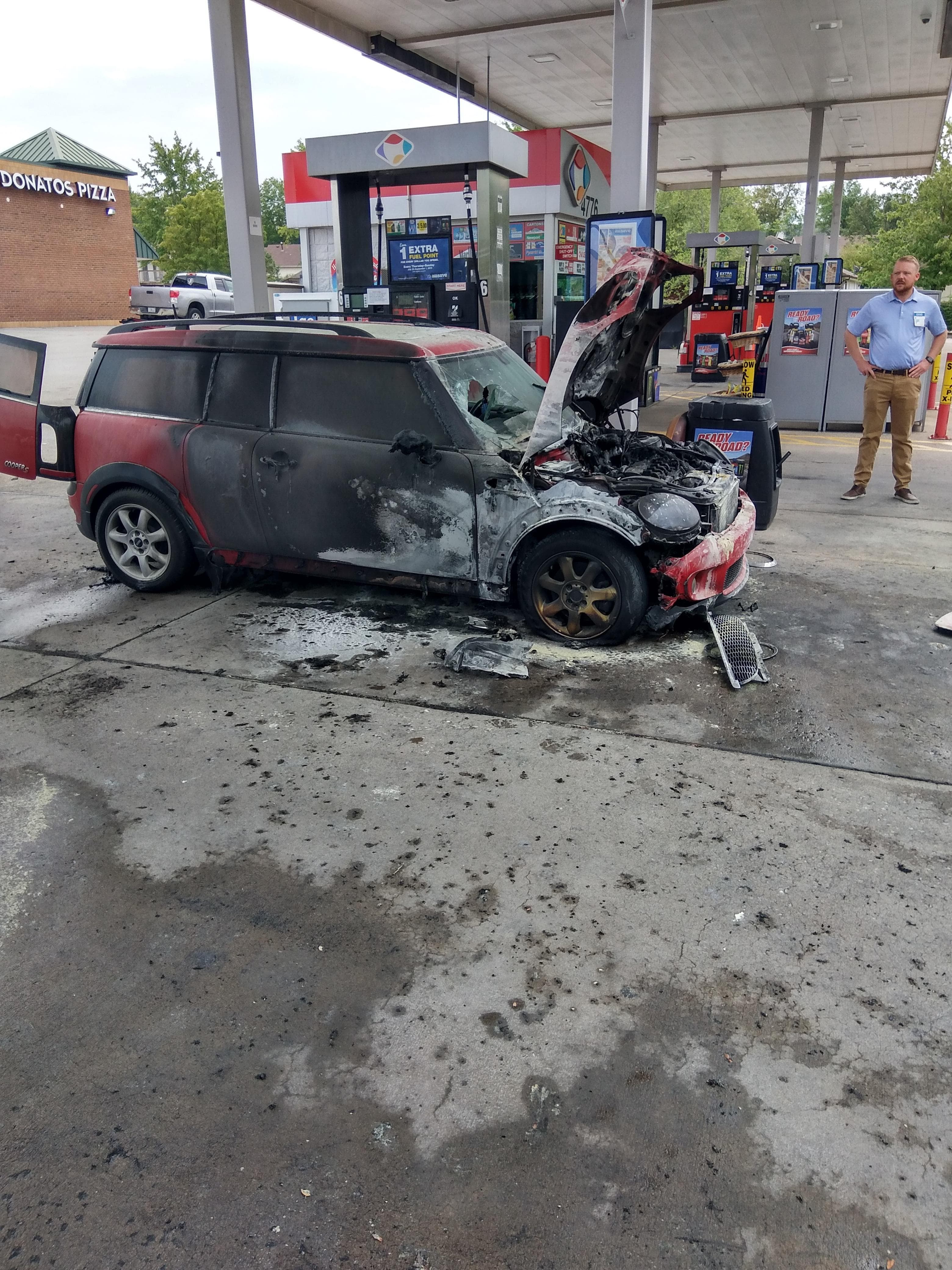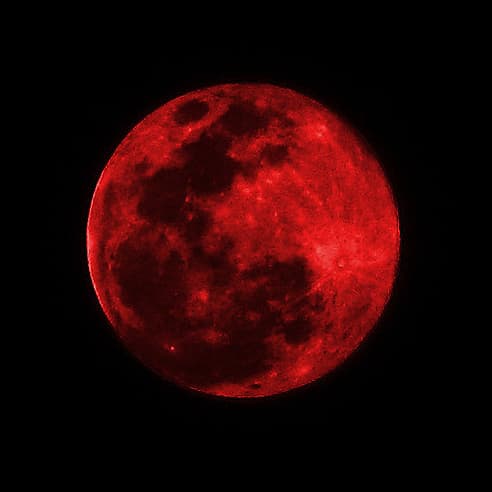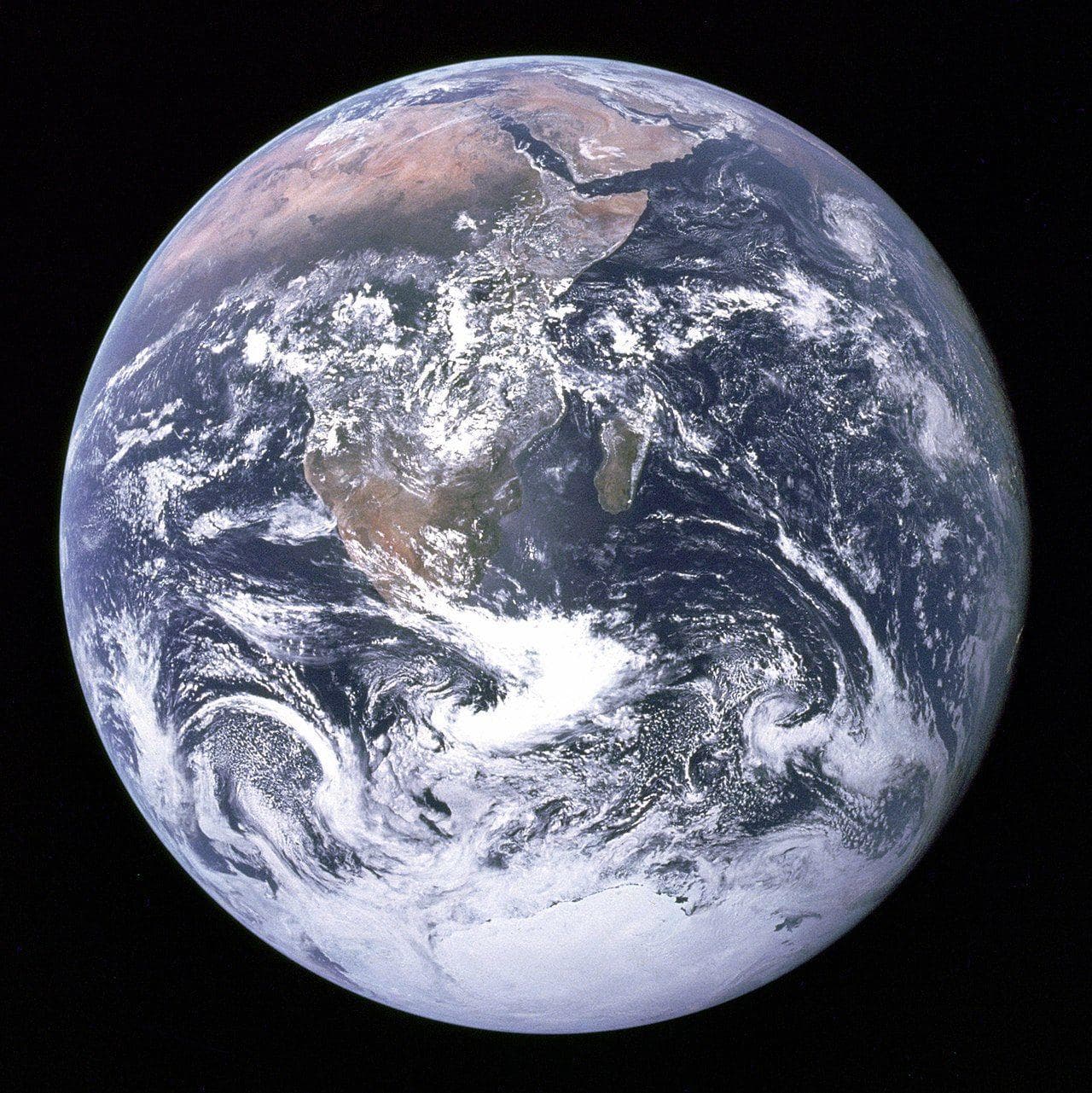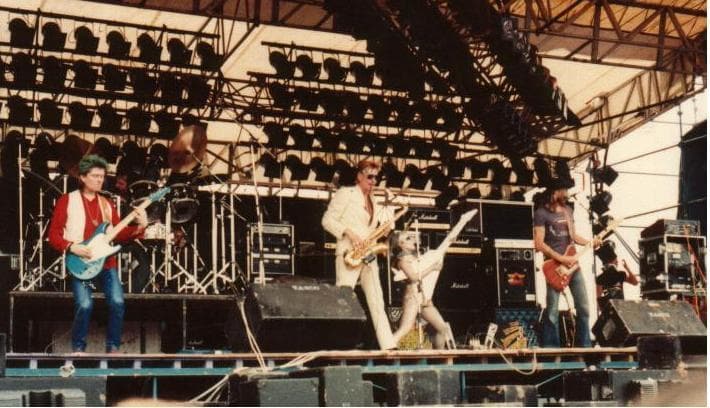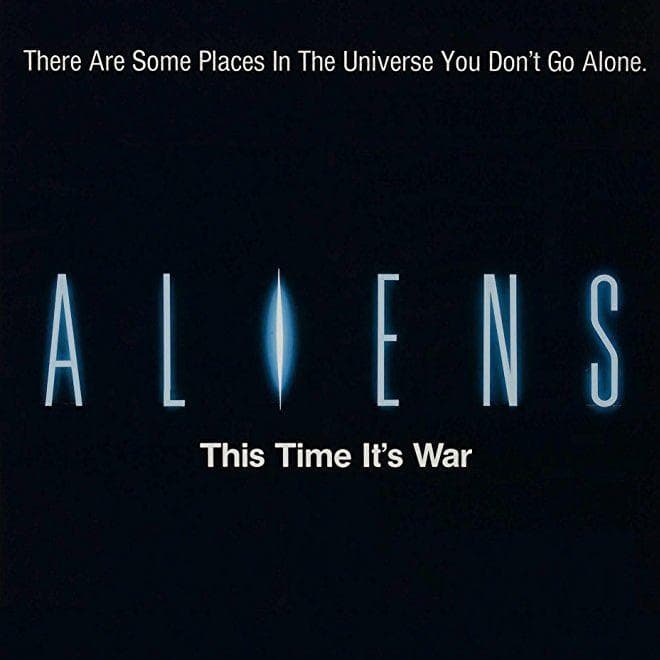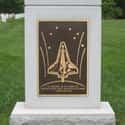-
(#11) Changes Were Made, But It Was Too Little, Too Late
Changes were made under Wayne Hale's tutelage when he took over after the Columbia disaster. He was responsible for changing the dismissive ignorance that had infiltrated the organization over the years. "I said, 'The first thing we've got to do is we've got to put the arrogance aside,'" he said in a later interview. Any concerns that were brought to him, he took into serious consideration.
Checklists and safety regulations were updated, and the remaining shuttle flights were successful before the fleet was retired for good in 2011.
-

(#9) Budget Constraints And A 'Get It Done' Mentality Created A Perfect Storm Of Tragedy
After the Challenger accident in 1986, NASA vowed to do better but ultimately could not keep that promise. The organization's budget was halved in the '90s, and the decrease in funding only continued. By the time of the Bush administration, NASA was on a shoestring budget yet was still expected to produce missions to keep up with work on the International Space Station. The organization was reluctant to take time to iron out the kinks.
Professor Henry McDonald, former director of NASA California, said, "The mentality became, 'We flew it, we had a problem, we landed, so what's the big deal? So there was a crack in the wing panel, but hey, we got away with it; when's the next mission?"'
-
(#10) Only One Member Of NASA Apologized Publicly
While Congress and NASA played the blame game, heads rolled at the organization soon after the accident. Higher-ups were let go, and Wayne Hale was put in the position of second-in-command for the remaining shuttle missions. He was also the only member of NASA to apologize for the accident and to publicly accept the blame for "normalization of the abnormal."
He said, "After the accident, when we were reconstituting the Mission Management Team. My words to them were 'We are never ever going to say that there is nothing we can do.'"
-
(#1) Small Pieces Of Foam Caused The Columbia To Fall Apart
The cause of the accident boiled down to a small piece of insulating foam. A little more than a minute after the shuttle's launch, pieces of foam insulation fell from the bipod ramp, which fastens an external fuel tank to the shuttle. As the shuttle was propelled upward at about 545 mph, the foam struck its left wing, damaging panels of carbon heat shield on the wing.
The shuttle and crew suffered no ill effects in space, but once the Columbia entered Earth's atmosphere, the wing was no longer protected from the intense heat of re-entry (as much as 3,000 degrees fahrenheit). The wing broke off, causing the rest of the shuttle to break-up, burn, and disperse.
-
(#5) Columbia Was Lost On Radar
One of NASA capsule communicators called up to the crew to discuss the abnormalities. Husband got the message and replied "Roger" before he was cut off completely. Mission Control was unable to reconnect with anyone on the shuttle. Occasionally, during reentry, communication goes awry temporarily, but radar evidence of the craft disappeared.
White smoke in streaks filled the sky, spelling disaster for Columbia.
-

(#13) Shuttle Missions Give Way To Privatized Space Travel
With the shuttle fleet no longer in commission, NASA turned to outside help - in the form of Elon Musk and SpaceX.
Musk said of the obsolete shuttle program:
I was trying to figure out why we had not made more progress since Apollo. We’re currently in a situation where we can’t even put a person into low earth orbit. That doesn’t really jell with all of the other technology sectors out there. The computer that you could have bought in the early seventies would have filled this room and had less computing power than your cell phone. And so just about every sector of technology has improved. Why has this not improved?
NASA and the government contractors it worked with faced the same problems they had always faced - too little to work with, too little time to do it in, and too much to do. Musk and his investors didn't have these issues and could find the cheapest, safest way forward without bureaucratic red tape - and did so. Privatized space travel soon became the wave of the future.
New Random Displays Display All By Ranking
About This Tool
On February 1, 2003, the second serious space shuttle accident occurred in the history of human astronautics. The US space shuttle Columbia disintegrated and crashed over northern Texas, killing all 7 astronauts. This is also the 28th mission of Columbia. According to the original plan, the 7 astronauts will return after completing the 17-day space research mission. However, on the day of the return trip, the Columbia suddenly disintegrated and numerous fragments fell to the ground.
The people fell into great grief. The US authorities immediately set up an investigation team to investigate the cause of the tragic accident and searched for the flight recorder in the debris. You will find 13 details of the accident in this random tool.
Our data comes from Ranker, If you want to participate in the ranking of items displayed on this page, please click here.


